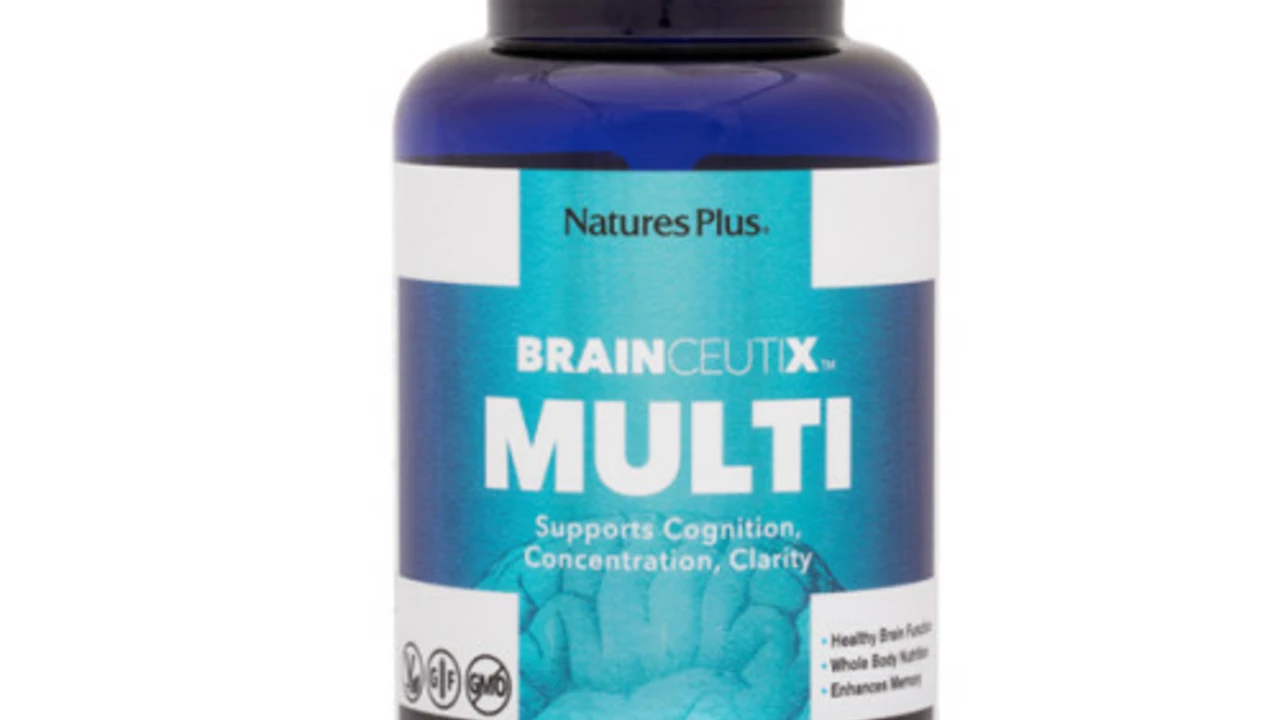Dietary Supplement Industry: What You Need to Know
The dietary supplement industry is huge—annual sales top tens of billions worldwide—and that size brings both choice and risk. You can find everything from vitamin D and omega-3s to probiotics, adaptogens, and sleep aids. But not every product lives up to its label. Knowing how the industry works helps you pick safer, more effective supplements without wasting money.
How the industry is regulated
Regulation varies by country. In the U.S., supplements are governed by DSHEA, which means most products reach shelves without pre-approval from the FDA. Manufacturers are supposed to ensure safety and honest labeling, but regulators usually step in after problems appear. That leaves quality checks, good manufacturing practices, and third-party testing as the main protections for consumers.
Because oversight is uneven, common issues include incorrect ingredient lists, wrong doses, contamination with heavy metals or prescription drugs, and fake or diluted extracts. Global supply chains make these problems more likely—raw materials can come from many places, and testing standards differ.
What to watch for when buying supplements
Look for clear labels. The label should list active ingredients, amounts per serving, other ingredients, and suggested use. Avoid products that hide doses behind a "proprietary blend." Those blends can mask poor dosages or fillers.
Check for third-party seals. Trusted seals come from organizations like USP, NSF, or ConsumerLab. These groups test for purity, potency, and contaminants. A seal isn’t a full guarantee, but it’s one of the best signals a product was independently checked.
Read reviews carefully and prefer brands that publish Certificates of Analysis (COAs) or batch test results. If a seller won’t share COAs or answer basic questions about sourcing and testing, walk away. Transparency matters more than flashy marketing.
Be realistic about claims. Avoid supplements that promise quick cures, dramatic weight loss, or miracle recovery. Supplements can help support health, but they rarely replace proven medical treatments. Watch for red flags like very high doses, promises of no side effects, or celebrity endorsements without data.
Think about interactions. Many supplements affect medications—vitamin K can influence blood thinners, St. John’s wort can alter antidepressants, and others change how your body handles prescription drugs. Ask your doctor or pharmacist before starting anything new.
Cost isn’t always quality. Expensive doesn’t automatically mean effective, and cheap can still be high quality if the brand tests and documents its work. Focus on evidence: look for studies on the ingredient (not just the brand) and realistic dosing.
Finally, keep records. Save receipts, label images, and batch numbers. That helps if you need to check safety alerts or report problems.
If you want help narrowing choices, focus on a few trusted brands, confirm third-party testing, and talk with a healthcare pro about the exact dose and timing for your needs. That’s the simplest way to get benefits while cutting risk in this fast-moving industry.

Boost Your Brainpower: How Deanol is Revolutionizing the Dietary Supplement Industry
- Jul, 6 2023
- Daniel Remedios
- 20 Comments
Deanol, also known as DMAE, is making waves in the dietary supplement industry for its brain-boosting benefits. It's been found that this compound can enhance cognitive functions, including memory and concentration. It's even been linked to improving mood and energy levels. This is a game-changer for those of us looking to keep our minds sharp and active. So, if you're keen on boosting your brainpower, Deanol might be worth considering.
